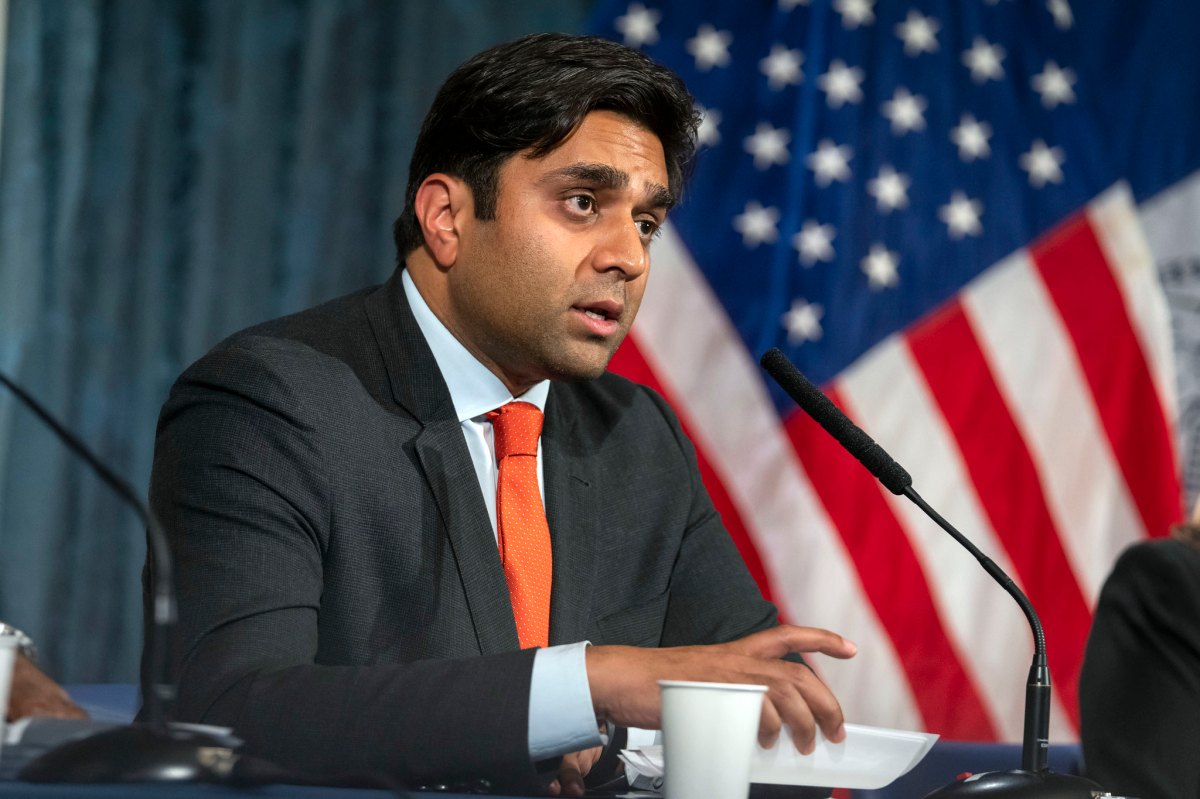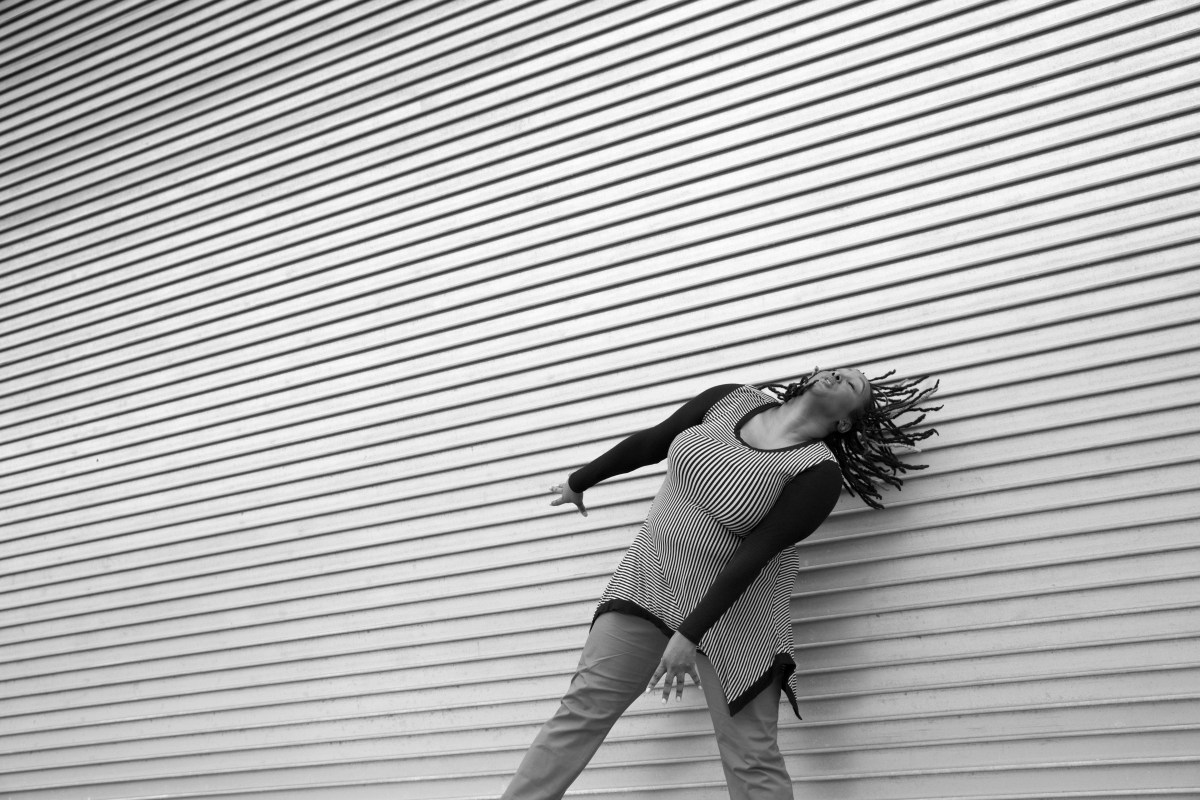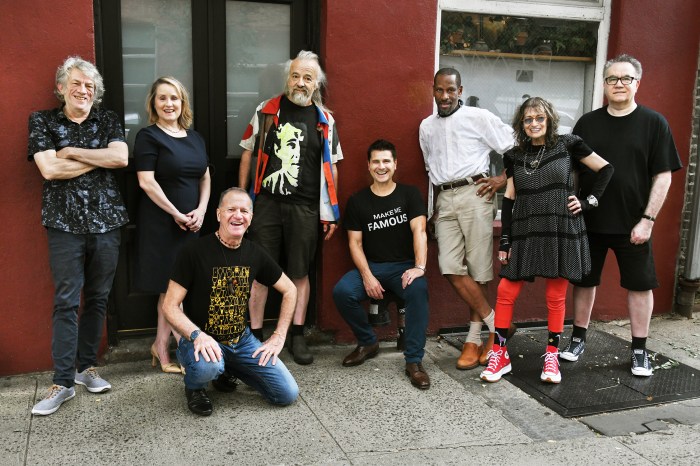“Beaufort” (+)
Beaufort Castle dates from the Crusades that took place in the Holy Land and Lebanon. I visited the castle when I went to Lebanon entering from Israel, as the latter’s army, the Israel Defense Force, moved to the Litani River to end the attacks on Israel that precipitated the 1982 war with Lebanon.
The movie covers the period in the year 2000 shortly before the IDF pulled out of Lebanon entirely. Beaufort Castle is held by a small detachment of Israeli soldiers belonging to the Golani Brigade, an elite force, who are bombarded every day with mortar shelling. Except for their hours of lookout, they remain within the underground walls of the fort for protection. A young man, Ziv (Ohad Knoller), is set to defuse a bomb that has been planted on the road. His attempt elevates the anxiety of the theater audience.
The IDF is waiting to blow up the fort when they evacuate Lebanon. The commander of the IDF at the fort is Liraz (Oshri Cohen), a courageous and conflicted officer. He knows his men are being exposed to danger and death for too long a time, especially since evacuation is planned. The tense atmosphere is similar to that usually depicted in World War I and the Vietnam War movies. Anyone who served in combat will identify with some of the scenes. For me, it was that scene in which the soldier seeking to defuse the bomb dug into the ground with his bayonet looking for booby traps and shoe mines.
“Beaufort” is well worth seeing. It’s playing at the Quad Cinema on 13th Street in Manhattan until February 14th and possibly longer.
“Persepolis” (-)
I avoid animated films like the plague, and when I give in and decide to see one, I’m always disappointed. “Persepolis” was no exception.
The movie is based on a book written by one of its directors, Marjane Satrapi, who was born in Iran in 1969. She appears to have had a happy childhood, despite living under the dictatorship of the Shah. As a teenager, she found it difficult to conform to the clerical demands on dress and thought enforced under the reign of the Ayatollah Khomeini and was sent by her family to live with friends in Vienna. After initially enjoying the freedom to express herself in this new society, she soon longs for her family and the country of her birth to which she returns. It is, of course, a very different place from her childhood memories and she eventually moves permanently to Paris, France.
The voice of Marjane as a young child is that of Gabrielle Lopes and later as a young woman by Chiara Mastroianni. Her parents are voiced by Catherine Deneuve and Simon Abkarian, her grandmother by Danielle Darrieux, and her Uncle Anouche by Francois Jerosme.
The picture, which consists of simple black, white and gray drawings, is well done from a technical point of view. The subtitles, however, are often not well lit and are flashed on the screen too quickly to read, at least for my 83-year-old eyes. The comments I received from people departing an earlier show ranged from “good,” to “excellent,” to “I cried.” I replied to the young woman, “You cried? It’s only a cartoon.” She answered, “Yes, but I identified with the character.” I welcome animated films as add-ons but not as the main course, the entrée. If you enjoy watching cartoons, ignore my rating of this movie and go see it. (In French with English subtitles.)
PA said: “If its not Disney, I don’t like animation! I admired the passion of the movie, but the animation never allowed me to be drawn into the story. My wife, who had read and loved the book, said she was disappointed.”


































